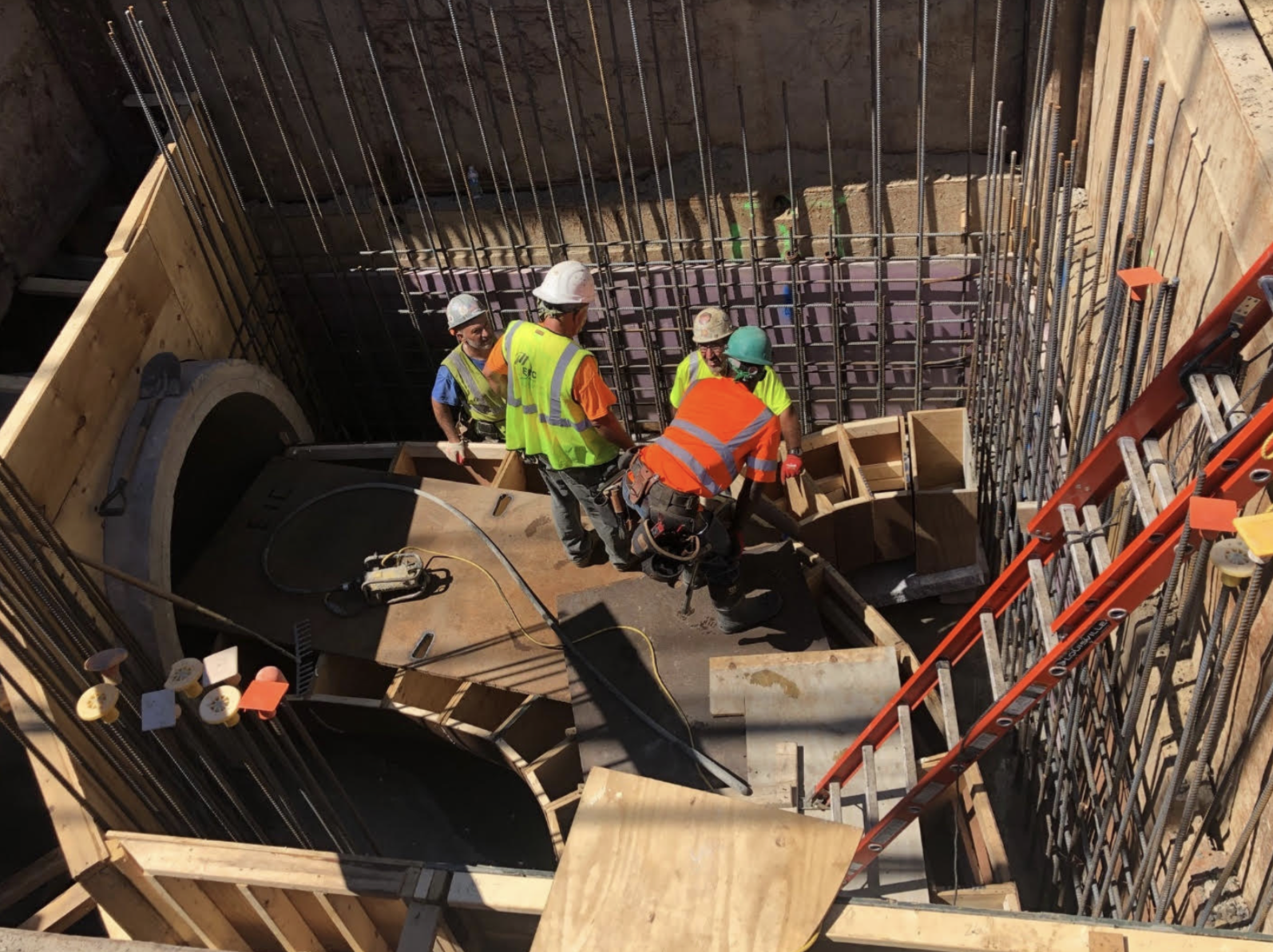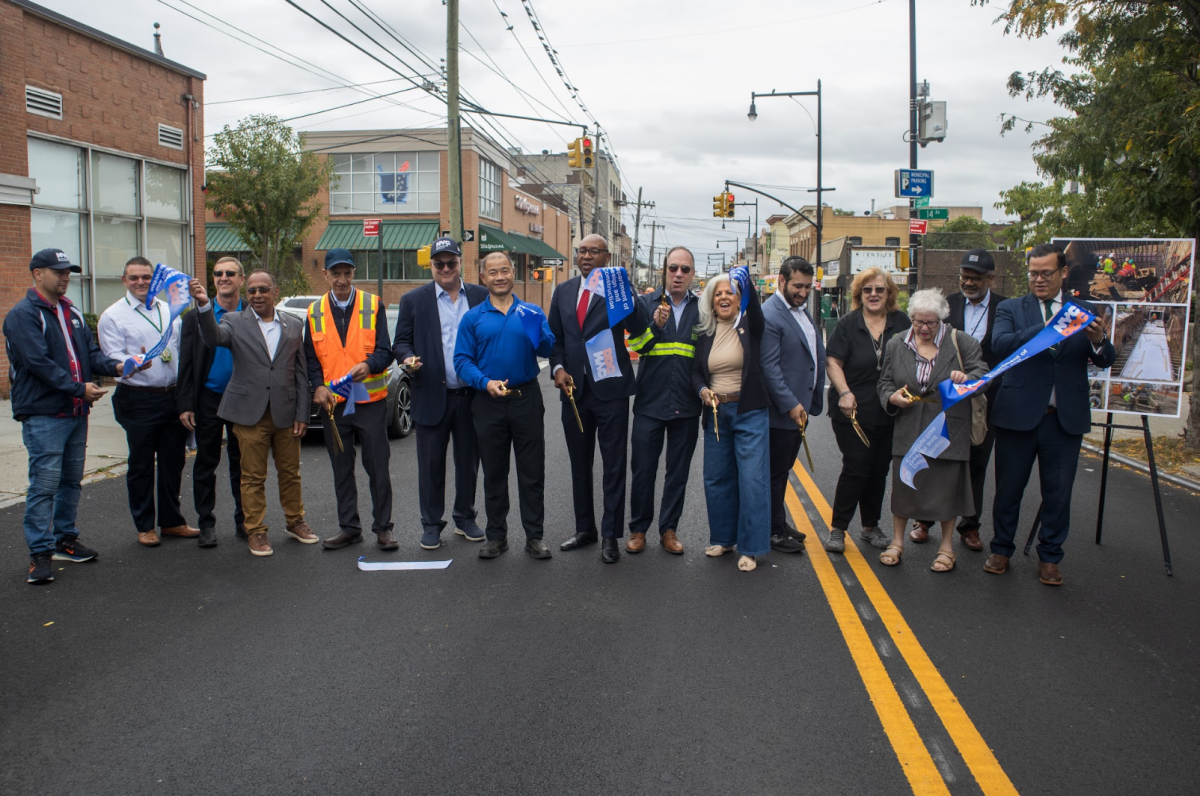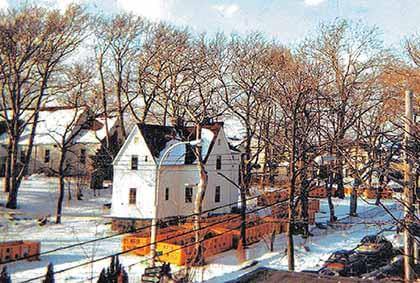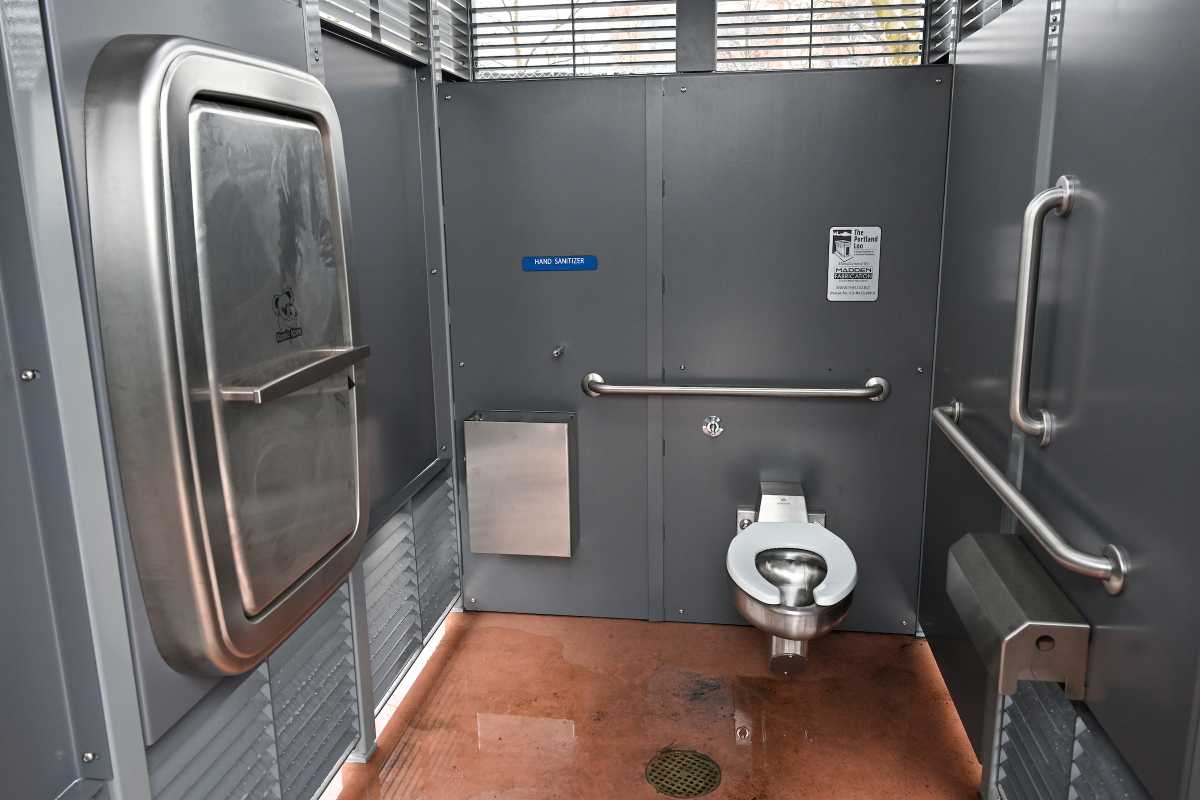Elected officials and city department heads gathered in College Point on Wednesday to celebrate the completion of a $139 million sewer project that addressed longstanding flooding in the community.
The infamous project covered 100 blocks, upgrading over eight miles of sewers and six miles of water mains to improve stormwater drainage and combat the basement flooding residents have experienced. Improvements were also made to sidewalks, roads, and storm drains, while dozens of fire hydrants and trees were brought to the neighborhood.
“The College Point sewer project was one of my top priorities since taking office,” said Council Member Vickie Paladino. “I could see how the people of College Point had suffered under this long-delayed project, and I took aggressive action to see its completion.”
The 8.5 miles of new sewers included over 21,000 feet of storm sewers and over 22,000 feet of sanitary sewers, which transport waste from households. Seven large storm sewer chambers and a tide gate, which acts as a barrier to prevent tidal waters from infiltrating the storm sewer system during high tide, were also installed.

To improve safety and accessibility for pedesrians, 4.5 acres of sidewalk and five miles of curb were upgraded by the Department of Transportion. The agency also upgraded 226 pedestrian ramps to meet ADA compliance and spread 24 acres of new asphalt across the neighborhood’s roads.
The overall project, geared towards improving residents’ quality of life also saw 30 trees added and over 8,000 square feet of wetlands restored. The minor improvements also play a role in mitigating flooding.
The Department of Design and Construction (DDC), which led the project, said that the nearly seven miles of upgraded water mains were nearly 50 years old. To ensure proper water drainage, 249 street-level storm drains, also known as catch basins, were installed, and 51 existing ones were upgraded.

Paladino noted that she stayed on top of the project by regulating visiting the site with contractors and receiving updates with weekly calls with the DDC.
“This major infrastructure investment will bring peace of mind to College Point residents who for years have dealt with poor street conditions and flooding after rainstorms,” said DDC Commissioner Thomas Foley.
To prevent construction noise disruptions to the community, workers used a micro tunneling approach in two dig locations instead of 30-foot-deep excavations, which would have been more burdensome to residents.
Queens Borough President Donovan Richards also attended the Wednesday morning ribbon cutting and said, “The completion of this critically important infrastructure project is a massive win for College Point, which finally has the modern sewer system it has long needed.”

The officials noted that the upgrades will mitigate the effects of climate change, which College Point and other areas in Queens have already begun to experience.
“Residents of College Point have lived in fear of the rain for far too long, as even a small shower can flood streets, homes and storefronts,” said State Senator John Liu. “These water and sewer upgrades will not just provide needed relief for the area’s persistent flooding problems, but allow for some long-overdue peace of mind.”
However, State Senator Toby Stavisky noted that “this is a good start, but additional areas must be addressed” regarding poor stormwater drainage remediation.
“While the DDC has assured me that these upgrades will have an immediate and lasting impact on our water mains and street conditions, we must continue to take a proactive approach in combating the growing complications of climate change in our most vulnerable communities,” she added.


































